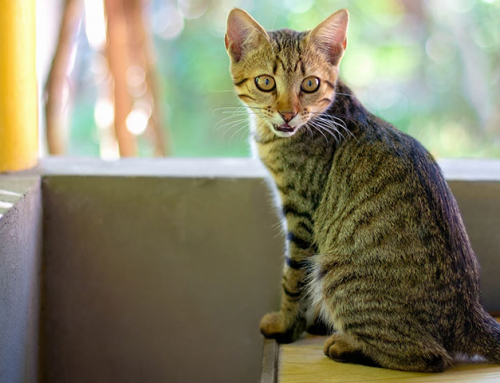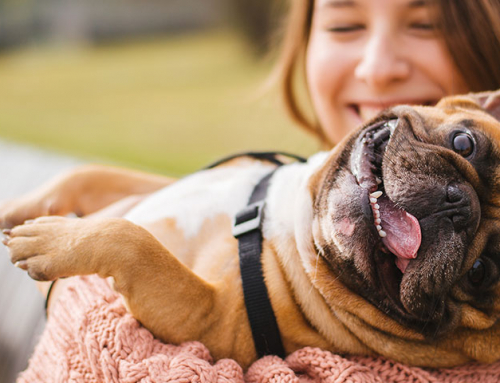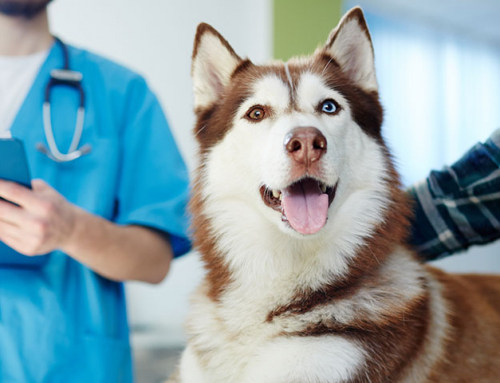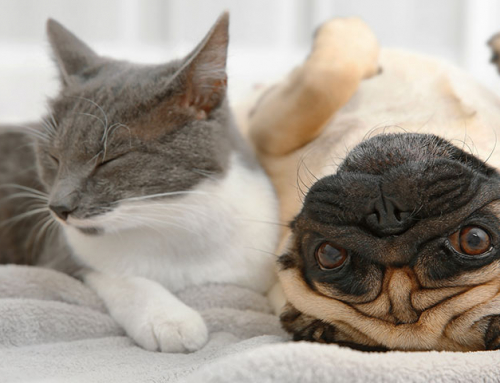This week I had an ADW Diabetes client grumble to me the her vet was making her come in for a recheck before refilling insulin. I also had a new client at my own vet clinic whose 13-year old dog was diagnosed with diabetes three weeks ago. She came to my hospital for a second opinion. One of her greatest concerns was that she didn’t want to come in for rechecks. Let me tell you, she brought the dog into the clinic muzzled and the little naughty dog was growling at folks in my lobby. Even her own brother was afraid of the growly little fuzzbucket. He’s not exactly the kind of pet we veterinarians rejoice in seeing often. Nonetheless, my answer to her was that we would indeed require some rechecks!
We veterinarians go through at least 8 years of college. Believe it or not, we may pick up on subtleties that the typical pet owner may not. We look for potential causes of insulin resistance such as dental disease or skin infections. We evaluate body condition scores and advise regarding portions and diet. We evaluate glucose curves and help decide if there are things we can do to improve the quality of life. We ask questions to determine if a client understands the basics of diabetes and our treatment plan. A diabetic pet recheck isn’t usually a “quickie”!

A vet tech once me I should have been a groomer instead of a doctor. Most pets who come through the doors of my vet clinic get a courtesy nail trim. Of course if I have to muzzle a pet or involve several staff members to get the job done we may pass or charge a small fee, but my patients usually leave the clinic looking better than when they entered. I often trim knots and facial hair, and I trim fur on the edge of the ears if clients use the marginal ear vein for glucose sampling. I strongly believe pets who are clean and groomed and not walking around in high heels (long toenails) feel better! Particularly cats feel better when well groomed. Cats are vain little creatures that spend a good portion of the day primping and grooming when healthy. Sick cats who are not grooming may need a once over with one of my handy shedding tools. As the saying goes, “If you don’t look good, you don’t feel good”.
Finally, regular weigh-ins on an accurate scale is by itself a good reason to take your pet to your clinic. Many folks have a scale at home, but home scales aren’t usually accurate enough tell us to the ounce how much a diabetic pet has gained or lost since the last visit. Monitoring diabetes isn’t all about glucose numbers. Stand back ten feet and notice if your pet is drinking and peeing excessively, has constant hunger or is losing weight despite insulin. For tubby pets we need to make sure we are gradually slimming down to decrease insulin resistance caused by obesity.
Next time your vet advises that your pet needs a recheck, don’t grumble that it’s going to cost you money. Be glad that your vet wants to spend the time to make sure Fluffy is doing well. Be glad that your vet wants to examine your critter. It means that your vet cares!! Rechecks are opportunities to improve your pet’s diabetes control and improve everyone’s quality of life.
NOTE: Consult your veterinarian to confirm that my recommendations are applicable for the health needs of your pet.







I quit taking my dog back for rechecks because me vet informed me that Peaches gets SO STRESSED that they don’t know if they are getting accurate readings…so it was a waste of my money and put unnecessary stress on my dog. She is also very difficult to get blood from by the typical methods (I’ve tried at home to no avail) so they have to put in an iv port to draw the multiple samples they need for a day long test.